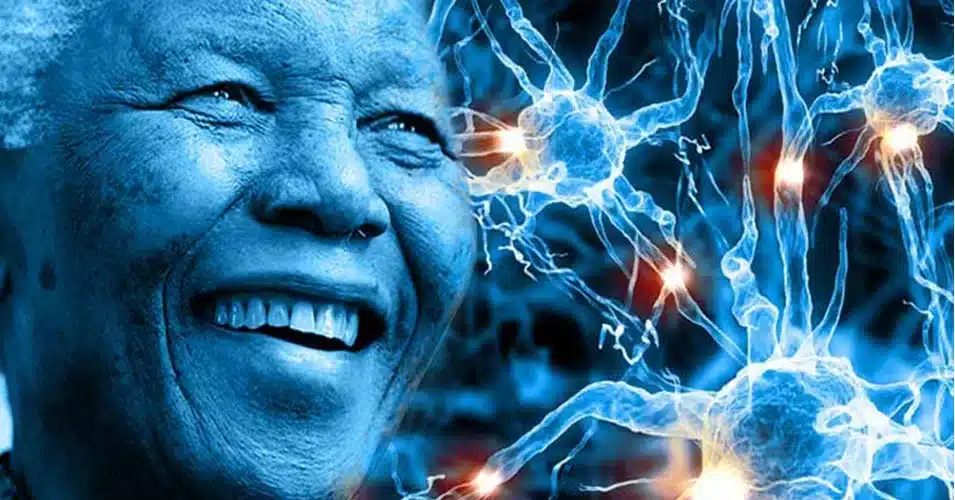What is Mandela Effect?

Image Source: awarenessact.com
Have you ever come across a memory about any incident which is remembered in a similar way by a large group of people, and all are wrong? The anti-apartheid leader and former President of South Africa Nelson Mandela died at age 95. However, paranormal writer and researcher Fiona Broome, in 2010 while Mandella was alive then, recalled having memories of Mandela dying during his imprisonment in the 1980s. Broome discussed this topic with a security manager and found that many others shared the same false memory. Fiona Broome named such phenomenon the Mandela Effect and extended it to other “alternate memories”.
Do you recall Drishaym Movie?
The Movie Drishyam was released in 2015. The protagonist, Vijay Salgaonkar (Ajay Devgan), and Shriya Saran repeat a lie repeatedly that they had visited Panjim on October 2. The same story was repeated over 22 times throughout the movie. Dhrishyam portrays a plot where Salgaonkar cooks up a story to save his daughter, who accidentally killed her blackmailer and the son of a local IG police officer. The film takes an interesting turn after Salgaonkar produces a rescue plan and succeed in cementing false memories in all the suspected witness. The idea of placing and strengthening the false memory is a classic case of the Mandela Effect.
Why does Mandella Effect happen?
The exact cause of the Mandela Effect has not yet been confirmed. According to Healthline.com, some doctors believe that it is a form of confabulation, or “honest lying”, whereby the person is not actively trying to deceive, but are filling in the gaps in their own memory by unknowingly creating a false memory. Whilst others perceive the Mandela Effect to be a kind of “false memory” effect, where you recall a memory that is not a correct description.
This is often seen when witnesses come forward after crimes take place but find it difficult to recall the actual details. Some false memories can have elements of fact and could even resemble the events in question.
Some doctors and researchers believe the Mandela effect is a form of confabulation. The term confabulation was coined by the German psychiatrist Karl Bonhoeffer in 1900. He describes the term — A person gives false answers or answers that sound fantastical or made up.
Another plausible reasoning behind the Mandela effect is attributed to other aspects of memory. This includes false memories, where your recall of an event is not an exact depiction. This is often a struggle for eyewitnesses to a crime or important cultural event. Also, the ability of people across the internet to alter images, logos, and sayings may affect your recall of the original item.
Priming or suggestibility is also attributed to the said effect. It can influence a person’s reactions and memory. For instance, the phrase, “Did you throw a red jacket from the locker?” is much more suggestive than the phrase, “Did you take anything from the shelf?” Similarly, the protagonist Vijay Salgaonkar (Ajay Devgan), and Shriya Saran repeat a lie repeatedly that they had visited Panjim on October 2.
What are the symptoms of the Mandella Effect?
According to Healthline.com, the following could be symptoms:
- remembering something as slightly different in wording or appearance as it originally was
- a large number of people recounting the same way of remembering
Observer Voice is the one stop site for National, International news, Sports, Editor’s Choice, Art/culture contents, Quotes and much more. We also cover historical contents. Historical contents includes World History, Indian History, and what happened today. The website also covers Entertainment across the India and World.

